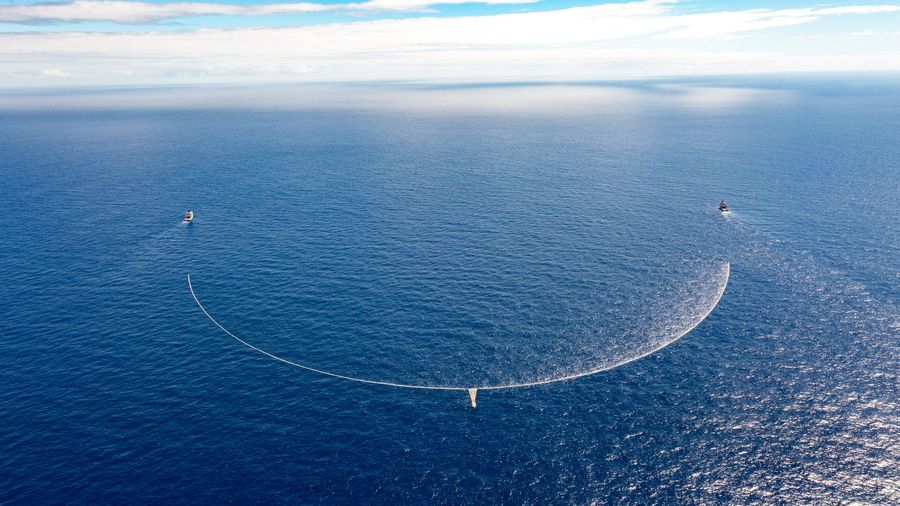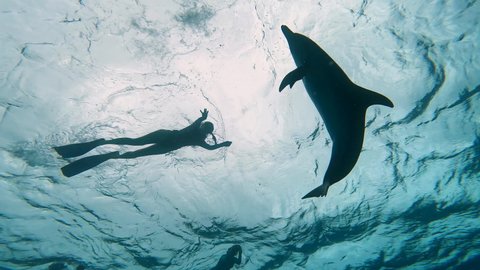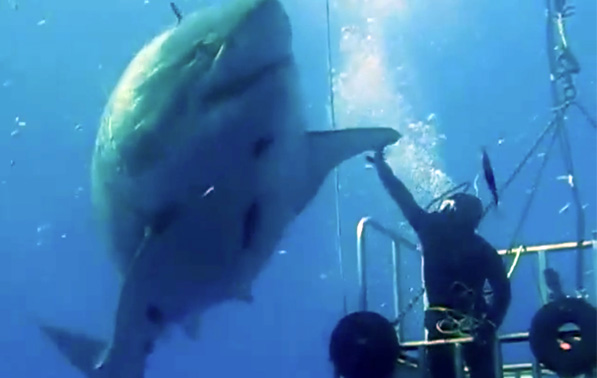Dive Deeper: Ethical Ocean Adventures for the Conscious Traveler

The ocean, a source of wonder and life, is facing unprecedented challenges. From the proliferation of plastic waste to the disruption of marine ecosystems, the need for conscious travel and responsible engagement has never been greater. At Vista Location, we believe that exploration and preservation can go hand in hand. Join us as we dive deeper into ethical ocean adventures that not only offer unforgettable experiences but also contribute to the health and well-being of our planet's most vital resource.
Confronting the Great Pacific Garbage Patch: A Call to Action
Imagine standing on the deck of a research vessel, miles from any coastline, and witnessing a sea of plastic stretching as far as the eye can see. This is the harsh reality of the Great Pacific Garbage Patch, a stark reminder of the impact of human consumption on our oceans. Organizations like the Ocean Voyages Institute are actively working to remove this debris, and you can be a part of the solution.
Join an Ocean Cleanup Voyage: These voyages are not for the faint of heart. Days are long and the work is physically demanding. You'll be sorting, collecting, and hauling plastic waste, witnessing firsthand the scale of the problem. However, the sense of accomplishment and the knowledge that you're making a tangible difference is incredibly rewarding. Participating in these voyages offers a unique opportunity to contribute directly to marine conservation and learn about the complexities of plastic pollution. This is a hands-on approach to impactful ocean experiences.
The Serenity of Bimini: Ethical Dolphin Encounters
Transitioning from the harsh reality of ocean pollution, let's explore the pristine waters of Bimini, Bahamas. Known for its vibrant marine life and crystal-clear turquoise waters, Bimini offers a chance to connect with nature in a respectful and sustainable way.
Freediving with Wild Dolphins: Imagine descending into the calm, turquoise waters at dawn, the sun's rays creating ethereal shafts of light. As you glide effortlessly through the water, a pod of wild dolphins approaches, their graceful movements a mesmerizing dance. Freediving allows for a minimal-impact encounter, respecting the dolphins' natural behavior and habitat. Unlike scuba diving, which can be noisy and disruptive, freediving allows for a more intimate and peaceful connection. Sustainable freediving with dolphins in Bimini is a prime example of ethical wildlife tourism. You can witness these magnificent creatures in their natural habitat with minimal disturbance, contributing to responsible dolphin encounters.

Guadalupe Island: Responsible Cage Diving with Great White Sharks
For those seeking a more adrenaline-pumping adventure, consider a trip to Guadalupe Island, Mexico, renowned for its population of great white sharks. While cage diving can sometimes raise ethical concerns, responsible operators prioritize the sharks' well-being and contribute to scientific research.
Supporting Shark Conservation Through Tourism: Ethical shark cage diving expeditions focus on observation and data collection rather than artificial feeding or baiting, which can alter the sharks' natural behavior. Researchers often accompany these trips, tagging sharks and gathering valuable information about their migration patterns, feeding habits, and population dynamics. These efforts are crucial for understanding and protecting these apex predators. These expeditions become a form of shark conservation tourism.
Beyond Guadalupe: The Atlantic White Shark Conservancy: If Guadalupe Island is too far, consider supporting organizations like the Atlantic White Shark Conservancy in Cape Cod. They conduct research and educational programs focused on great white sharks in the Atlantic Ocean.

Taking Action: Direct Impact and Responsible Practices
While offsetting your carbon footprint is a commendable step, direct action can have an even greater impact. Here are two organizations making significant strides in ocean conservation:
- The Ocean Cleanup: This organization is developing advanced technologies to remove plastic from the oceans. Their innovative approach targets both surface and deep-sea plastic, preventing it from breaking down into microplastics and further polluting marine ecosystems. https://theoceancleanup.com/
- Marine Conservation Institute: Dedicated to securing permanent, strong protection for the oceans' most important places, the Marine Conservation Institute works to establish marine protected areas and advocate for responsible ocean management. https://marine-conservation.org/
Environmental Impact Assessment: Before embarking on any ocean adventure, take time to assess your environmental footprint. The World Wildlife Fund (WWF) offers a helpful footprint calculator to estimate your overall impact. [WWF Footprint Calculator -This is a placeholder, as there is no direct link provided] Furthermore, read this article detailing the environmental impacts of diving to learn more about responsible scuba and freediving practices [Placeholder link to a diving environmental impact article].
Conclusion: Become an Active Participant in Ocean Conservation
The ocean's future depends on our collective action. By choosing ethical and sustainable ocean adventures, supporting impactful organizations, and reducing our environmental footprint, we can all contribute to a healthier and more vibrant marine environment. Let's move beyond passive observation and become active participants in ocean conservation. Dive deeper, explore responsibly, and make a difference. Your conscious choices can help protect our oceans for generations to come. Embrace impactful ocean experiences and responsible travel marine conservation.